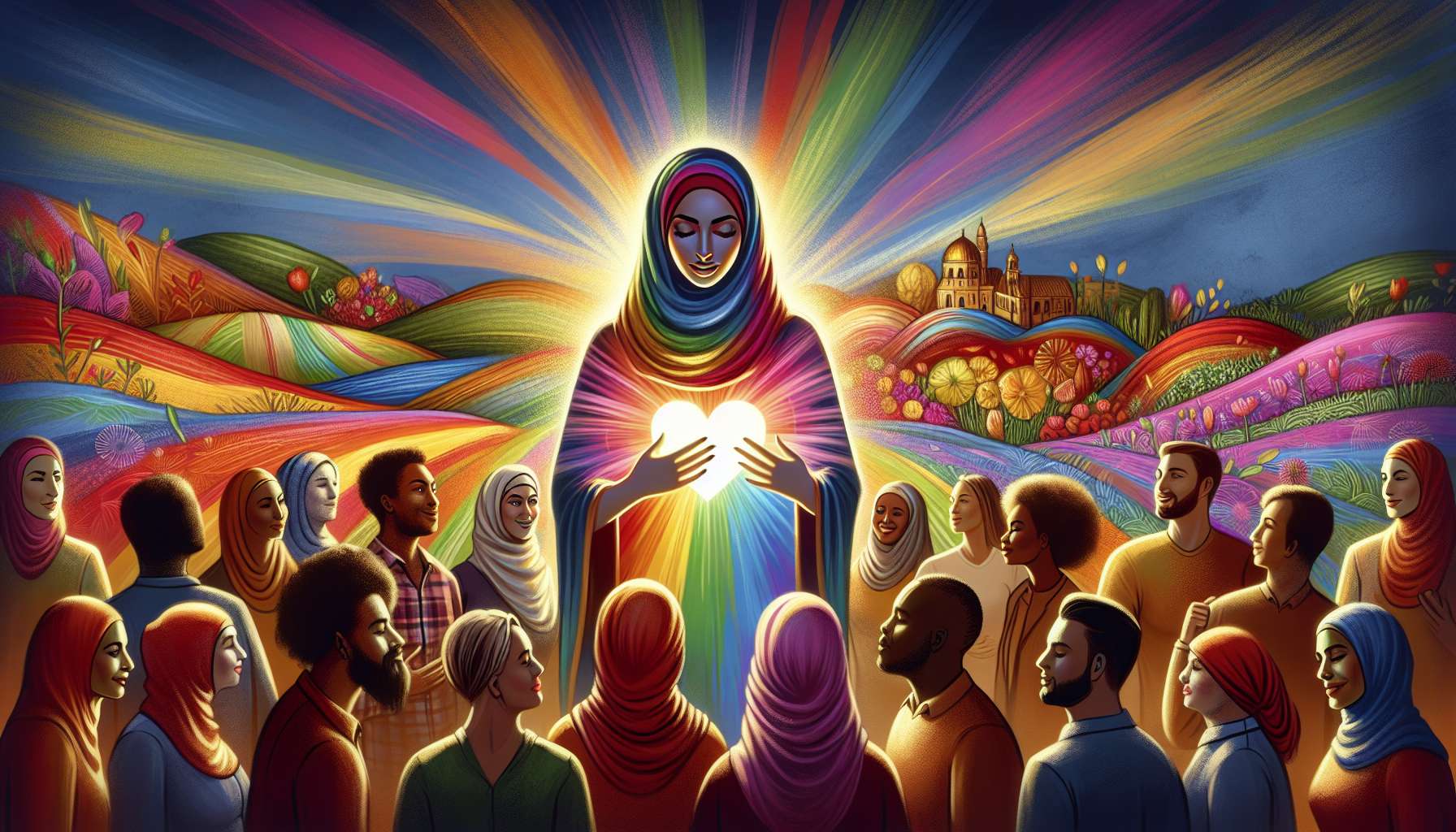Well-being and self-esteem are central issues for LGBTQ+ individuals, who often face specific challenges related to their identity and life experiences. Indeed, growing up in a heteronormative and cis-centric society, where positive representations of LGBTQ+ identities are rare, can undermine the construction of identity and self-image. Repeated experiences of stigmatization, rejection and discrimination leave lasting marks on self-confidence and a sense of legitimacy.
The first challenge is one of acceptance of one’s sexual orientation and/or gender identity. Facing a minority identity, often discovered in adolescence, requires deconstructing internalized stereotypes and freeing oneself from the shame and guilt induced by heterosexism and cisnormativity. It’s a long and complex journey, filled with doubts, questions and sometimes self-rejection, before reaching a serene affirmation of who one is. Coming out to oneself is a key step in this process of acceptance.
Self-esteem is often undermined by negative messages received since childhood about LGBTQ+ identities, labeled as abnormal, pathological or incomplete. These limiting beliefs can be internalized and become self-fulfilling prophecies, where one struggles to allow oneself happiness and success. Deconstructing these thought patterns is necessary to free oneself from the gaze of others and value your unique qualities.
Self-confidence is also weakened by experiences of discrimination and rejection, especially when they occur within the family or socialization environments (school, work, leisure…). Being rejected, mocked or erased for who you are leaves deep wounds, a feeling of illegitimacy and hypervigilance in relationships. Rebuilding self-confidence and trust in others requires revisiting these painful experiences, expressing suppressed emotions, and developing new secure connections.
Self-assertiveness is another challenge for many LGBTQ+ individuals, accustomed to censoring themselves, to be discreet or to play a role to be accepted. Daring to express your needs, your boundaries and your expectations in relationships, at the risk of displeasing or being rejected, requires overcoming deep-seated fears and submission instincts. It’s a gradual learning process, through positive experiences of assertive communication and self-respect.
The relationship to the body and appearance is another essential component of self-esteem, often complex for LGBTQ+ individuals. The injunction to conform to gender norms, the stigmatization of certain non-conforming gender expressions and the pressure to match gendered aesthetic standards can generate significant discomfort, even dysmorphic disorders. Reclaiming one’s body, fully inhabiting it and loving it in its uniqueness is a path of resilience.
Some examples of situations:
– Lea, a 20-year-old lesbian, has embraced the idea that she won’t be able to have a fulfilling life and start a family as a homosexual. She forbids herself to invest in her romantic relationships for fear of suffering. The coach helps her identify the origins of this belief, open up to other models of success and allow herself to dream her life.
– Tom, a 35-year-old trans-man, has experienced numerous instances of rejection and harassment that have undermined his self-confidence. He struggles to assert himself in his relationship and at work, for fear of retaliation. The coach works with him on self-assertion, through role-playing and concrete situations. Tom learns to set his boundaries and to express himself assertively.
– Samir, a 45-year-old gay man, has long been ashamed of his body and his “effeminate” gestures. He tried to erase his mannerism to go unnoticed and avoid mockery. With the help of the coach, he re-learns to inhabit his body, to assume his gender expressions and to love himself in his uniqueness. He enrolls in dance classes to reconnect with his body.
– Alix, a 30-year-old non-binary individual, struggles to fully accept themselves and to feel legitimate in their identity. They grew up without representations of non-binary people and struggle to find their place in society. The coach helps them deconstruct binary injunctions, find community resources and cultivate their inner self. Alix learns to value their unique identity and surround themselves with supportive people.
In summary, supporting the well-being and self-esteem of LGBTQ+ individuals requires a holistic and affirmative approach, taking into account the specific challenges related to their journey. This involves work on self-acceptance, the deconstruction of limiting beliefs, the healing of rejection wounds, the assertion of self in relationships and the re-appropriation of his body and gender expressions. The goal is to allow each individual to develop a kind relationship with themselves, to thrive in their identity and to cultivate secure connections. The coach is a valuable ally on this journey toward an authentic and satisfying life, by creating a safe space for expression, valuing the person’s resources and guiding them towards a serene affirmation of themselves.
Key points:
– LGBTQ+ individuals face specific challenges related to their identity, which can undermine their well-being and self-esteem.
– The acceptance of one’s sexual orientation and/or gender identity is a long and complex process, requiring the deconstruction of internalized stereotypes.
– Self-esteem is often undermined by negative messages received since childhood about LGBTQ+ identities, perceived as abnormal or incomplete.
– Self-confidence is weakened by experiences of discrimination and rejection, leaving deep wounds and a sense of illegitimacy.
– Self-assertion is a challenge for many LGBTQ+ individuals, used to censoring themselves to be accepted.
– The relationship to the body and appearance is often complex, due to pressures to conform to gender norms and gendered aesthetic standards.
– Support for LGBTQ+ individuals requires a holistic and affirmative approach, taking into account their specific challenges.
– The work on self-esteem involves self-acceptance, deconstruction of limiting beliefs, healing of rejection wounds, assertion of self in relationships, and re-appropriation of the body and gender expressions.
– The coach is a valuable ally in creating a safe space for expression, valuing the individual’s resources, and guiding them towards a serene self-affirmation.
👉 To download docx (Editable) file click here : Click here
👉 To download PDF file click here : Click here
👉 To download MP3 file click here : Click here







